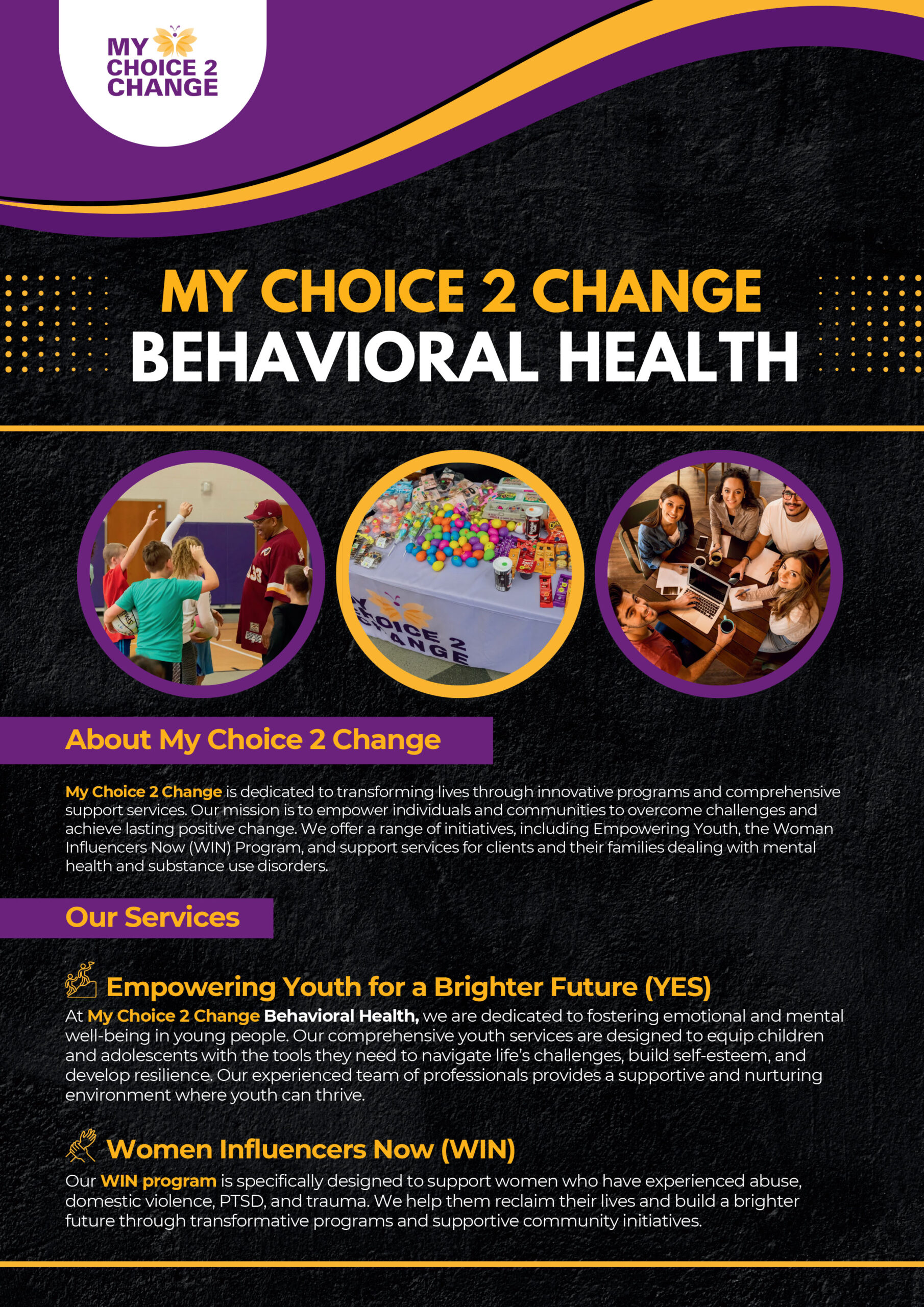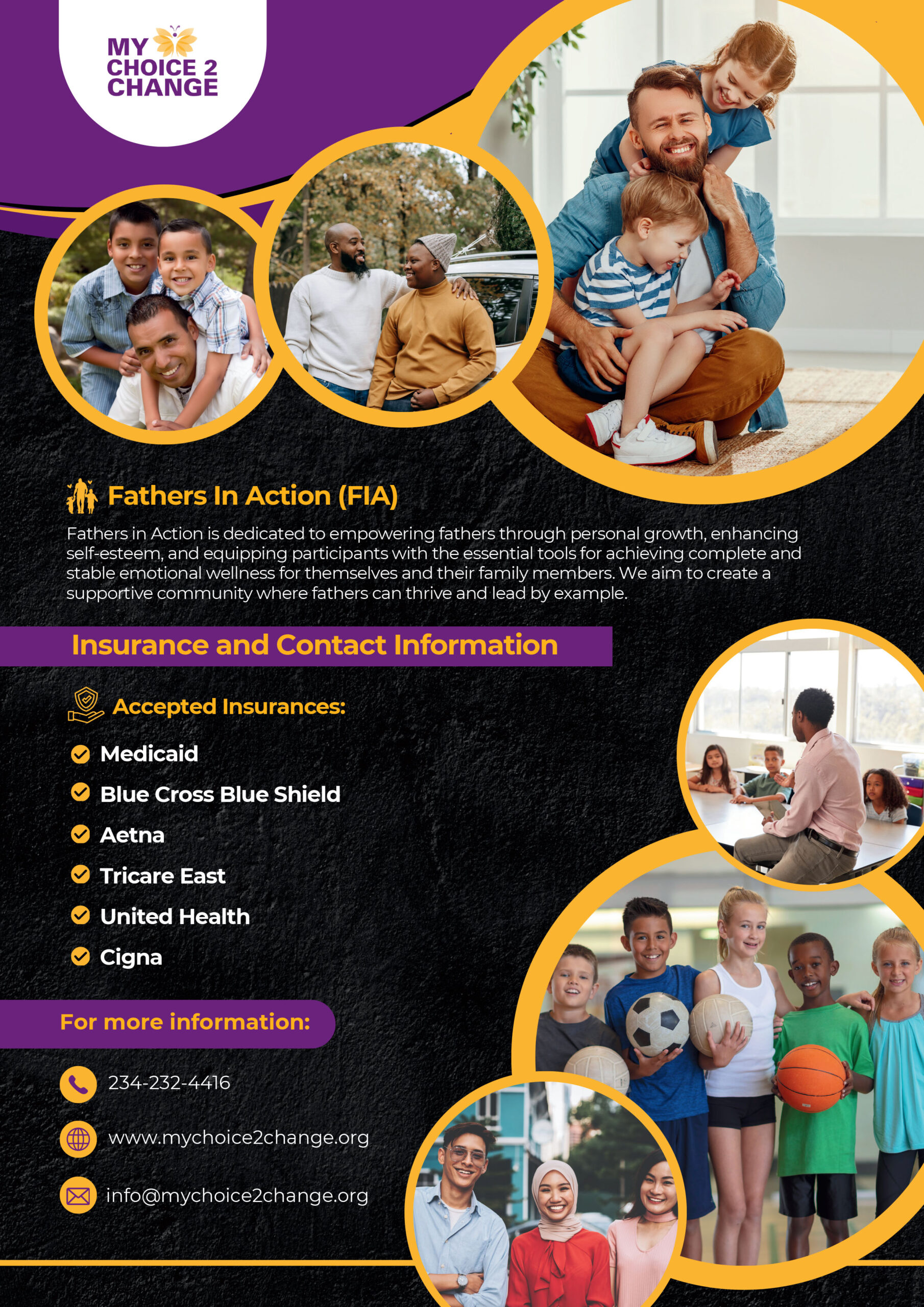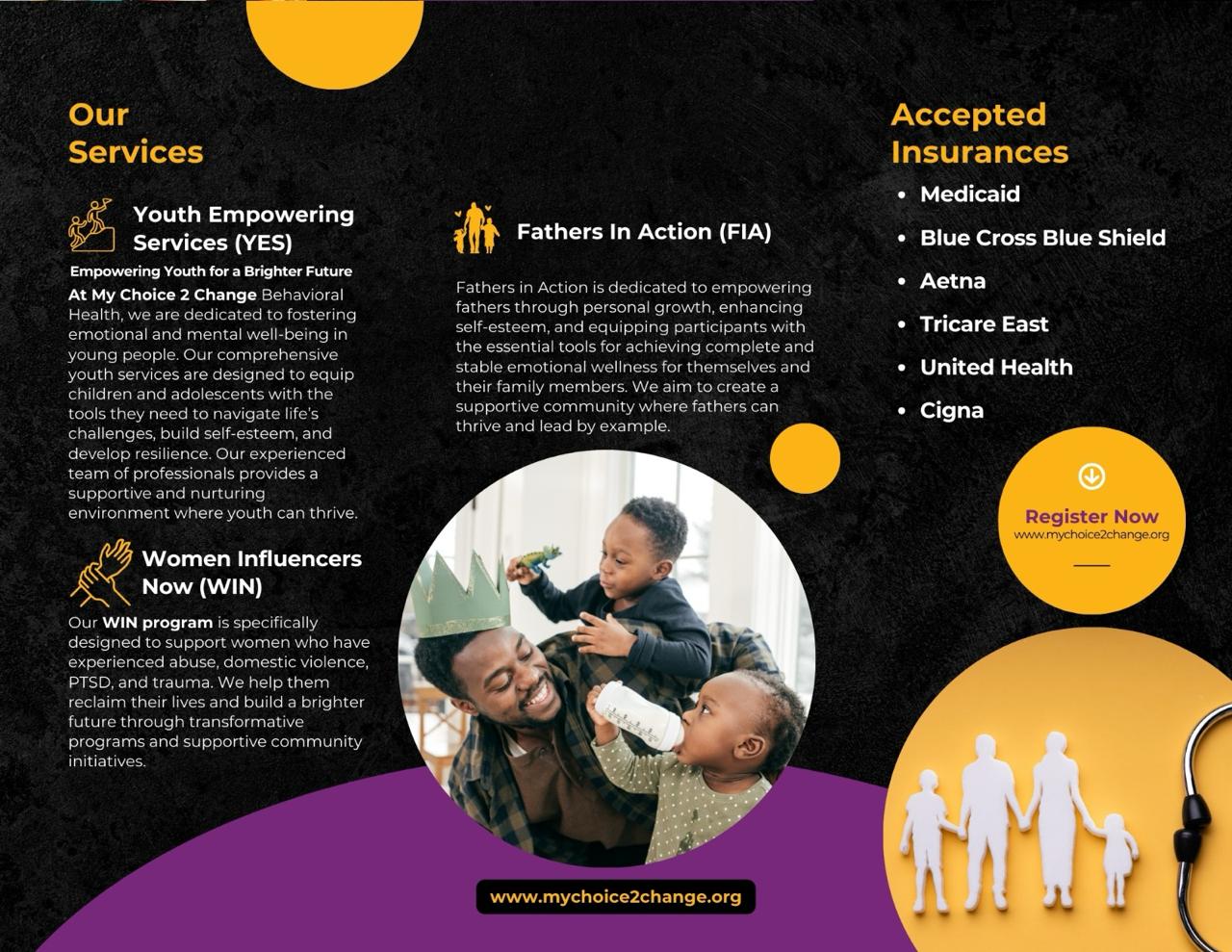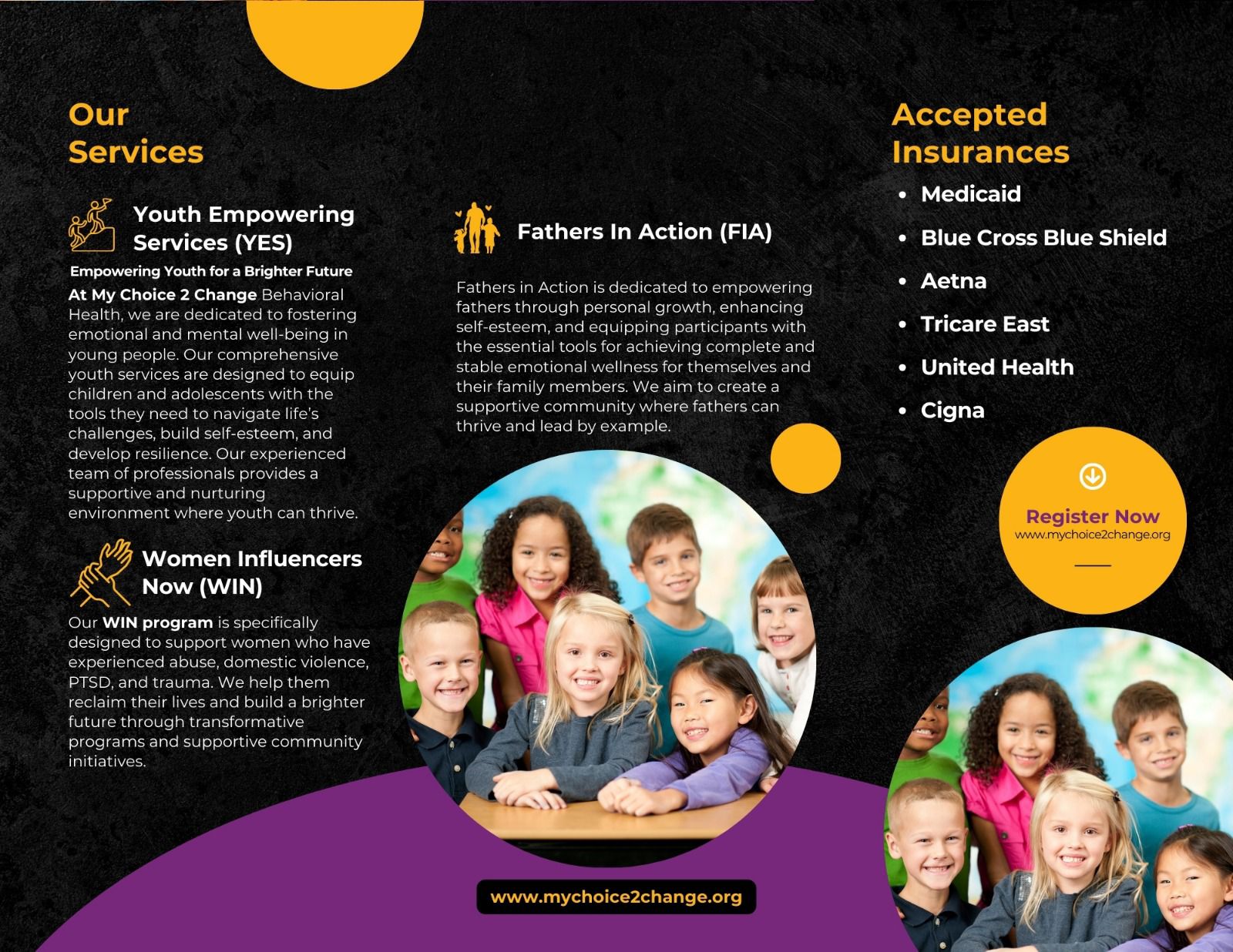Our Core Programs
Epiphany Project

The Epiphany Project is a response to the growing need for comprehensive wellness programs that address the root causes of at-risk behaviors among youth and sr citizens. Research has shown that a lack of communication skills and a lack of holistic wellness can contribute to various risky behaviors, including substance abuse, violence, and mental health issues, with our youth and self-medicating and gambling addiction with our seniors, due to loneliness.. By bringing together senior citizens and youth, the Epiphany Project aims to create a supportive environment where both generations can learn from each other and develop essential life skills.
The Epiphany Project is based on the understanding that intergenerational relationships can be mutually beneficial. Senior citizens have a wealth of life experience and wisdom to share, while youth can bring energy, enthusiasm, and new perspectives. By fostering these relationships, the project aims to create a sense of belonging and connection for both generations, which can help prevent at-risk behaviors.
The primary goal of the Epiphany Project is to prevent at-risk behaviors among youth by promoting holistic wellness and communication skills. Specific objectives include:
- Establishing intergenerational mentoring relationships between senior citizens and youth.
- Developing and implementing a curriculum that focuses on the 8 dimensions of wellness (physical, emotional, social, intellectual, occupational, spiritual, environmental, and financial).
- Providing training and support for both senior citizens and youth mentors.
- Evaluating the effectiveness of the program in preventing at-risk behaviors among youth.
Senior citizens and youth mentors will receive training on effective communication skills, active listening, and conflict resolution. They will also be provided with resources and support to help them navigate their roles as mentors.
Prevention

Assessment of the Need for Prevention Education in the School System in York, PA, and Its Boroughs, Including Red Lion
I. Overview: York, PA, and its surrounding boroughs, including Red Lion, are facing a critical public health crisis marked by a significant number of opioid overdoses. The urgent need for prevention education in the school system is underscored by the following factors:
II. Opioid Epidemic Impact:
- High Incidence of Opioid Overdoses: The region has experienced a surge in opioid overdoses, resulting in a considerable loss of lives and devastating impacts on families and communities.
- Youth Vulnerability: Adolescents and young adults are increasingly vulnerable to opioid misuse, influenced by various environmental and societal factors.
III. School System Vulnerability:
- Access to Prescription Medications: Students may have increased access to prescription medications, leading to potential misuse and abuse.
- Peer Pressure and Social Environment: Schools may serve as environments where peer pressure and social dynamics contribute to the initiation of substance use.
IV. Community Characteristics:
- Economic Factors: Socioeconomic challenges within the community may contribute to increased substance abuse, necessitating a proactive approach to prevention.
- Limited Access to Treatment: Limited access to treatment facilities and resources may place a higher emphasis on prevention efforts to curb the escalating crisis.
V. Lack of Awareness:
- Limited Understanding of Risks: There may be a lack of comprehensive understanding among students regarding the risks associated with opioid use and addiction.
- Need for Early Intervention: Early education is crucial for preventing substance abuse issues from escalating into more severe problems later in life.
VI. Importance of Prevention Education:
- Empowering Youth: Prevention education empowers students with the knowledge and skills necessary to make informed decisions about substance use.
- Community Engagement: Schools play a pivotal role in engaging the community, including parents and caregivers, in collaborative efforts to combat opioid misuse.
- Breaking the Stigma: Education programs can contribute to breaking the stigma associated with substance abuse, fostering an environment where students feel comfortable seeking help.
Work-Force and Self Development
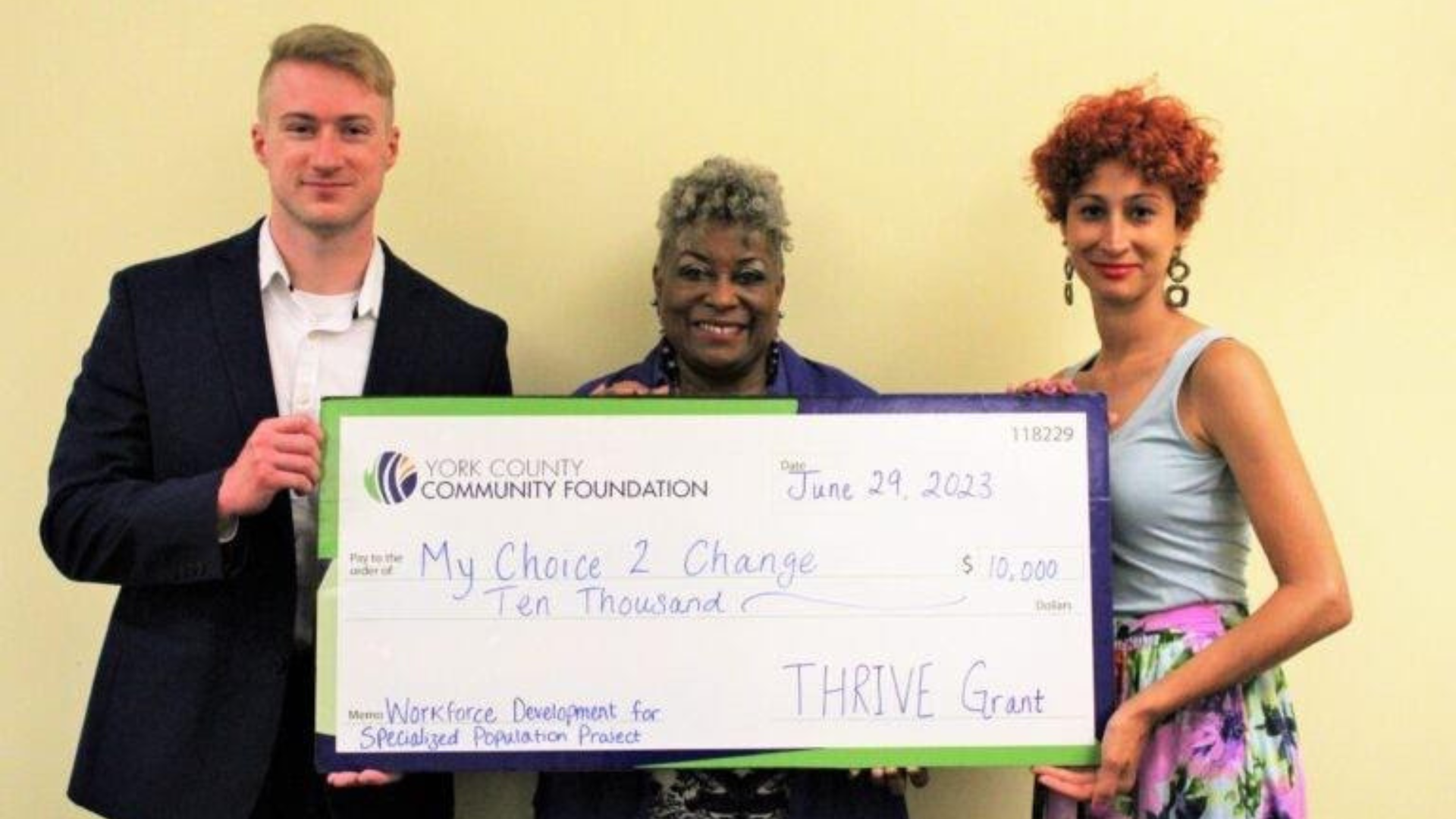
In July 2023, the generous support of the York Rotary Club enabled us to secure a $10,000 grant. This funding has allowed us to expand our services to provide crucial Basic Needs assistance and specialized Workforce Development training for Specialized Populations and their families. The impact of this grant will be felt directly within our community, as it empowers us to support those in need better and equip them with the skills to thrive. We are deeply grateful for the York Rotary Club’s commitment to making a positive difference in the lives of those we serve.
York Rotary Foundation

The York Rotary Foundation (YRF) is the giving arm of the Club. The YRF provides valuable funding to address York’s changing needs. It does so through multiple programs focused on improving our local community and our world.
The YRF is a nonprofit 501c3 corporation with assets of nearly $3 million. Funding is provided through generous donations and gifts given by members of the club, legacy gifts left by members, club fundraising activities, and community donor partners.
Reentry Services
Telehealth Services Description and Assessment Tools
My Choice 2 Change will offer telehealth services on a HIPAA-compliant platform, facilitating group, individual, and instructional support. These services are aimed at skill-building, distress tolerance, and implementing therapeutic modalities such as Dialectical Behavior Therapy (DBT) skills and Cognitive Behavioral Therapy (CBT) for justice-involved clients. The telehealth services are designed to tackle antisocial and self-destructive behaviors through a comprehensive four-part program that includes:
- Introduction to motivation for change
- Understanding oneself
- Comprehending dysfunctional behavior
- Making permanent change
The organization will utilize evidence-based practices like the Criminal Justice Targeted Research and Application of Knowledge (CJ-TRAK) and the Risk-Need-Responsivity (RNR) framework as assessment tools. These tools focus on identifying individual risk levels and needs, enabling tailored treatment and interventions to facilitate better outcomes. Additionally, the Global Assessment of Functioning, PHQ-9, GAD-7, & PCL-5 will be used for collateral information and aiding in advocacy for tailored mental health services, if needed.
History of Collaboration with Correctional Agencies
The Reentry Coaching Academy (ReCA) has a proven history of collaboration with correctional agencies, having implemented successful programs inside federal prisons. These programs are part of the broader efforts under the Second Chance Act Community-Based Reentry Program, aiming to support male and female offenders nearing release. ReCA’s engagement with correctional entities allows for pre-release access to participants, enhancing the reintegration process by addressing common barriers the target population faces, such as employment, housing, and health care.
Partnerships with correctional facilities like Alleghany County Jail in Pennsylvania, Jessup—University of Baltimore Degree Program, York Prison, Core Civic in Ohio, and Anne Arundel County Detention Center demonstrate the organization’s capability and commitment to providing transitional and clinical services throughout the reentry process. These partnerships are formalized through Memorandums of Understanding (MOU) or Agreements (MOA), ensuring structured support for returning citizens.
We have experience with the Children of Inmates Program (COI), where we provide group and individual support services for incarcerated fathers and their children. These efforts were aimed at mitigating the emotional and psychological impact on children whose parents were in prison, ensuring they received the necessary care and attention.
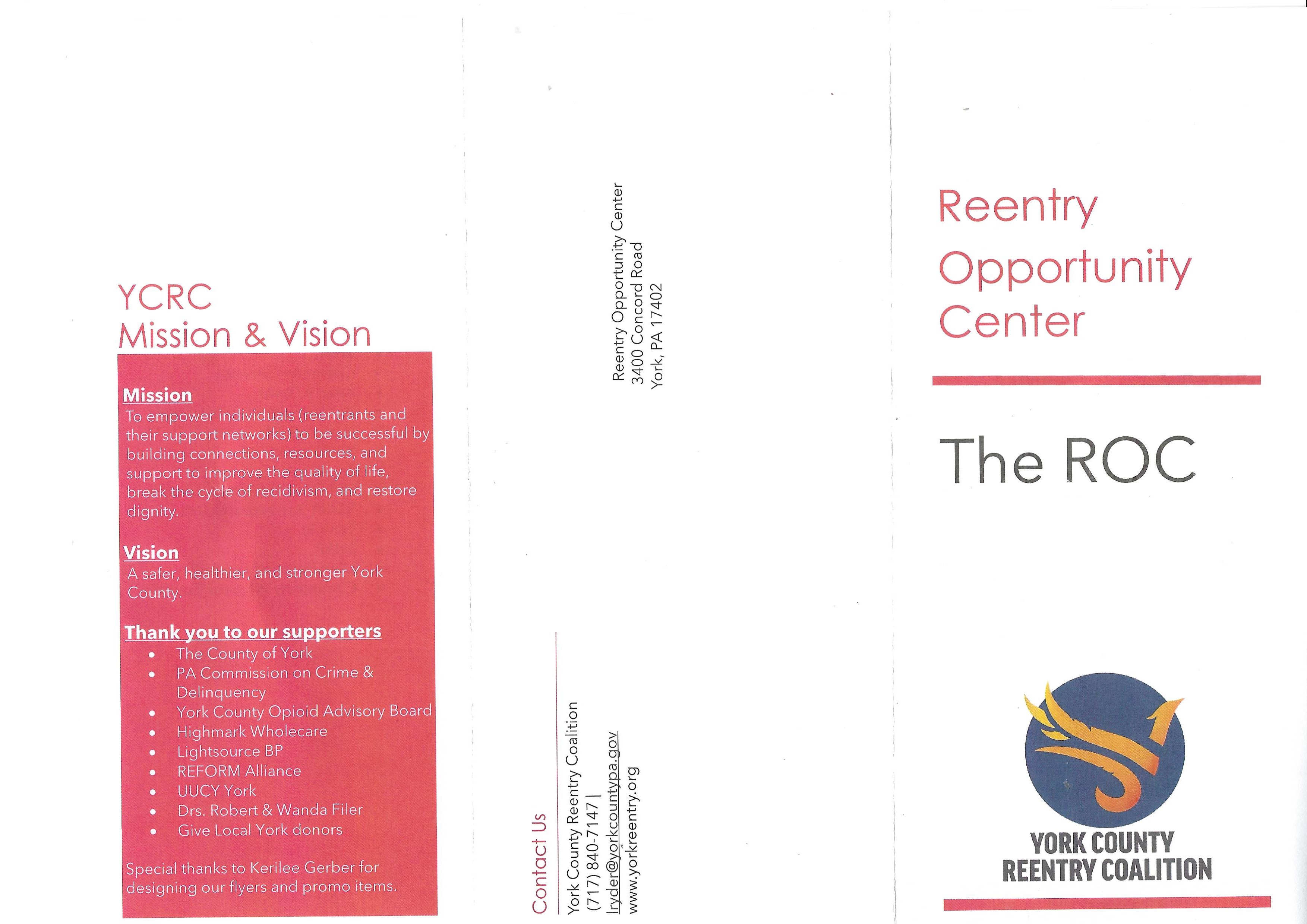
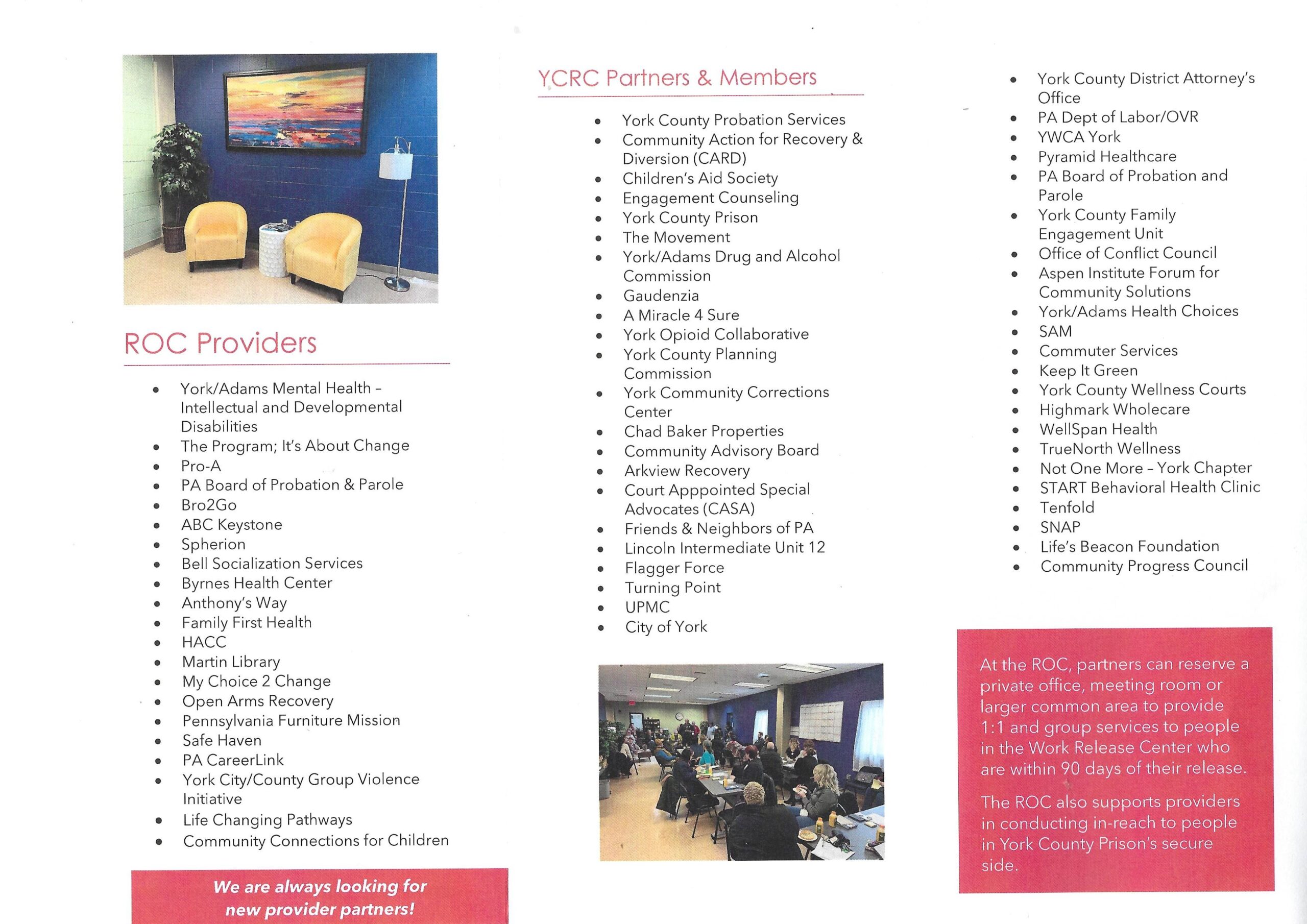
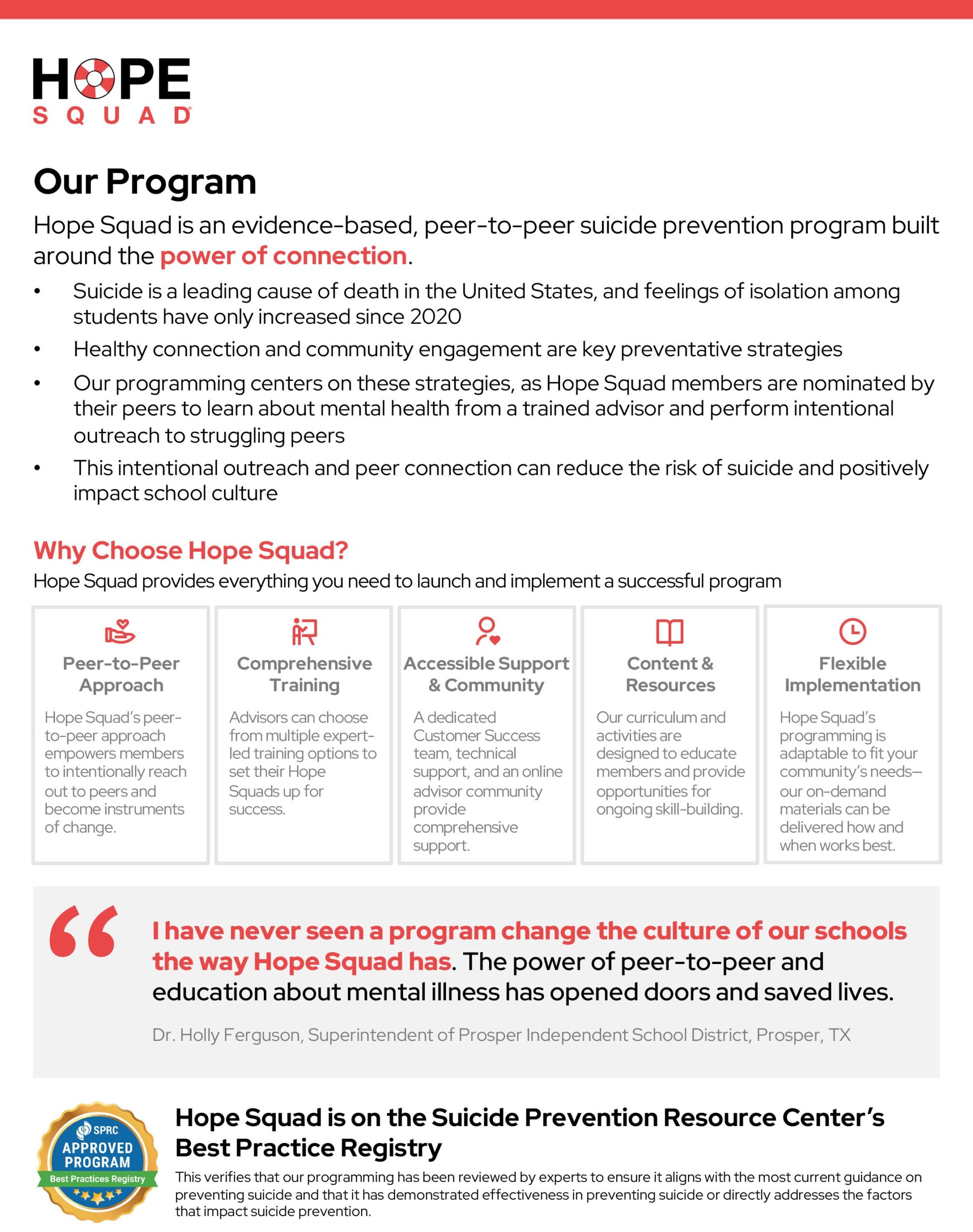
Learn more about bringing the Hope Squad to your school at hopesquad.com
![image-POP_NICE PICTURCES7-12[50690]](https://www.mychoice2change.org/wp-content/uploads/2024/08/image-POP_NICE-PICTURCES7-1250690-scaled.jpg)
![ONE PAGER[45419]](https://www.mychoice2change.org/wp-content/uploads/2024/08/ONE-PAGER45419.jpg)
